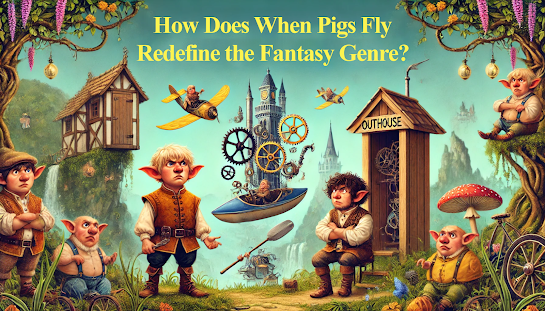Karma's Voice – The Battle Between Truth and Lies
Ever feel like the truth has a
way of catching up to you? No matter how fast you run or how cleverly you
dodge, it’s always there—waiting. That’s karma for you! In life, the choices we
make often come back, sometimes in unexpected ways. But what happens when the
lines between truth and lies fade so much that even karma seems confused?
In “The Habitual Liar”
by Blaque Diamond, characters face tough
decisions: should they stick with the truth, or take the seemingly easier route
of deception? Does karma really care which path they choose?
Let’s leap into the world
where truth, lies, and karma play out in this psychological drama—without
giving too much away!
What is Karma’s Role in Our Lives?
Karma is often thought of as
life’s way of balancing the scales. Do good, and good comes back to you. Do
wrong, and—well—you might have to face the consequences. But karma isn’t always
instant. It can be a slow force, waiting for the perfect moment to remind us of
our actions.
The Thin Line Between Truth and Lies
When Lies Become Your Truth
It’s easy to tell a little story
here and there, but when you start believing your own lies, the line between
reality and fiction starts to fade. Characters in “The Habitual Liar”
struggle with this very concept. Living in a world built on lies creates a
fragile foundation—one that could collapse at any moment.
The Tug-of-War Between Right and Wrong
The battle between truth and
lies is often an internal one. Should you do what’s right, or take the easy way
out? This struggle is one of the key themes where characters constantly
question the consequences of their actions. Telling the truth doesn’t often
mean losing everything rather it sets you free.
How Does Karma Catch Up?
Karma is sneaky—it doesn’t
always show the consequences right away. Sometimes, it lets you sink deeper and
deeper into your decisions before making an appearance. And when it does, it
doesn’t hold back. It’s not just about punishing wrongs but restoring balance to
a world that has been tilted by cheating.
The Long Game of Karma
Karma doesn’t operate on our
timelines. You may feel like you have gotten away with your decisions, but
karma has a way of giving its taste slowly. And just when you think you’re
safe, karma pulls the rug under you, bringing the reality of life, right to
your face.
The Consequences of Ignoring Karma
Ignoring karma is like
ignoring a leaking pipe—it might seem fine for a while, but sooner or later,
it’s going to flood. The more you delay facing the truth, the worse the
consequences.
Can We Outrun the Truth?
It is possible to hide the
truth but for how long? It is like a shadow that follows us no matter where we
go. When you live a life full of lies, you may be able to escape reality for a
while, but eventually, it catches up with you.
The Heavy Weight of Deception
Living a lie isn’t as easy as
it seems. It’s exhausting to keep track of every falsehood, every cover-up. And
when you’re constantly running from the truth, you never get a chance to stop
and breathe. Sooner or later, the weight of it all becomes too much.
There’s always a moment when
truth demands to be heard. Whether it’s a small slip-up or a grand revelation,
the truth finds a way to surface.
Explore the intricate balance between
deception and karma in “The Habitual Liar” by
Blaque Diamond. Follow the characters as they tackle
a world where truth is elusive and the consequences of lies are certain. Get
your hands on this thrilling psychological book today and see how long the
truth can stay hidden!
Final Thoughts…
So,
what’s your relationship with truth and lies? Are you a firm believer that
honesty is the best policy, or do you think a little white lie never hurt
anyone? One thing is for sure—karma is always watching. You can run, but sooner
or later, the truth comes to collect its dues.


.png)

Comments
Post a Comment